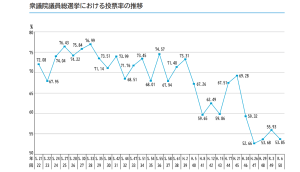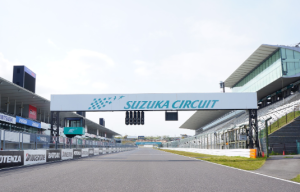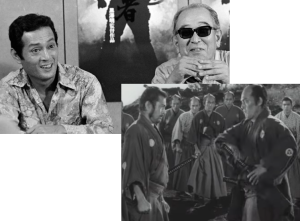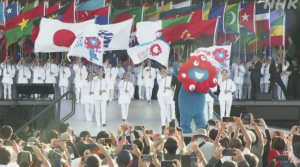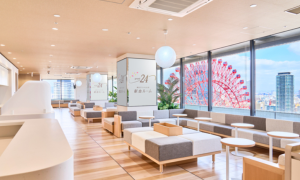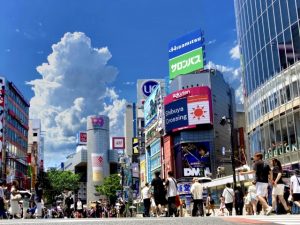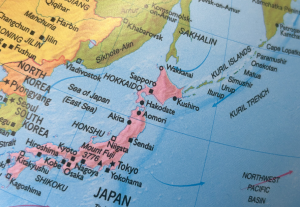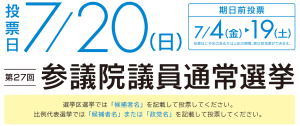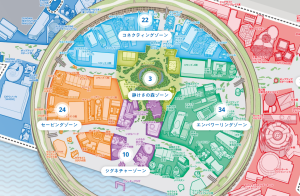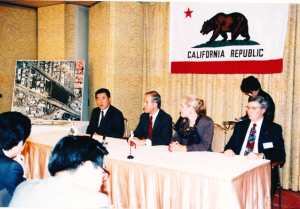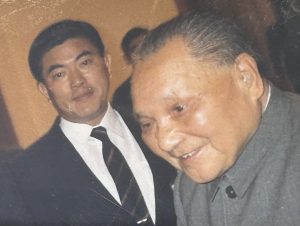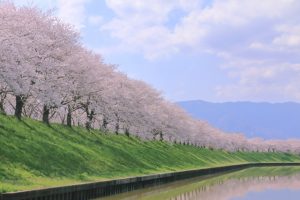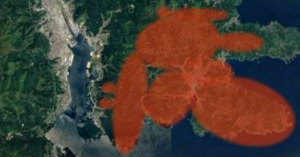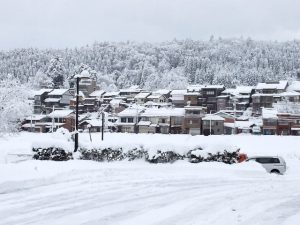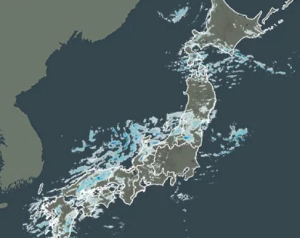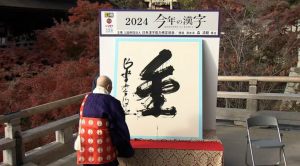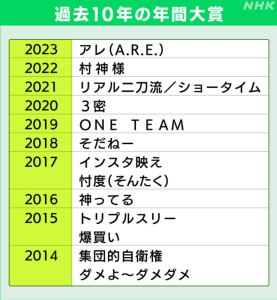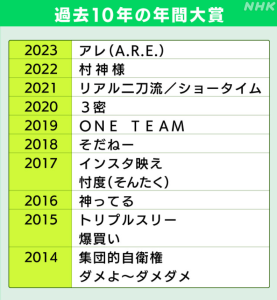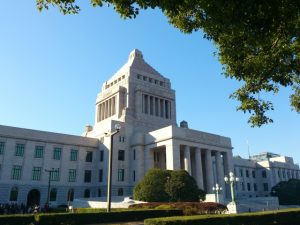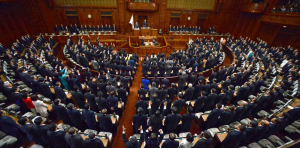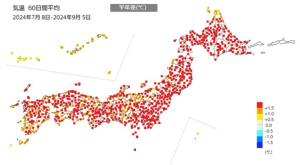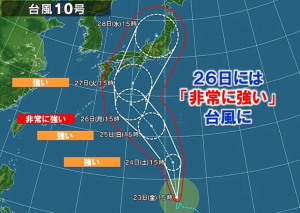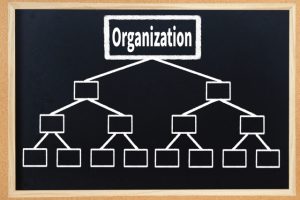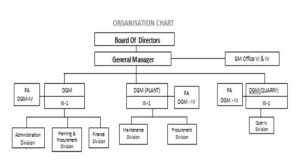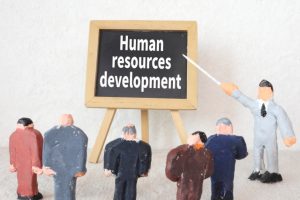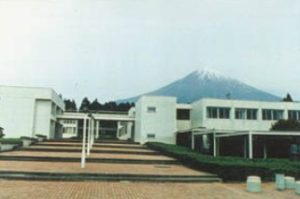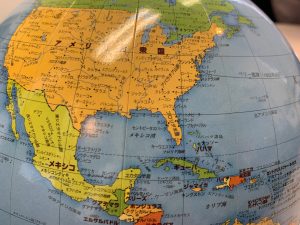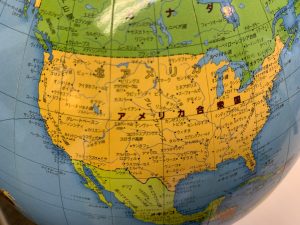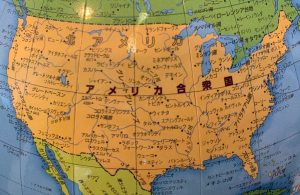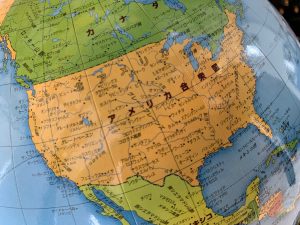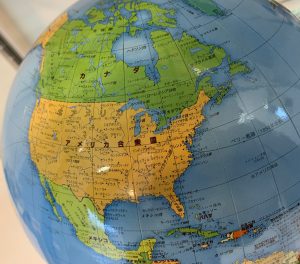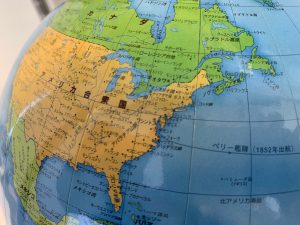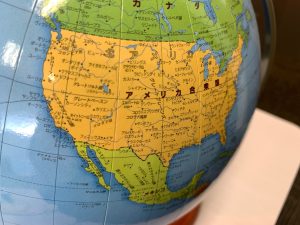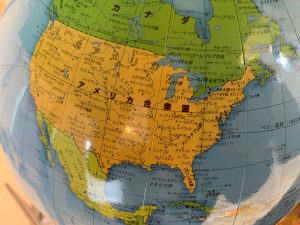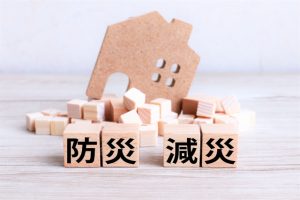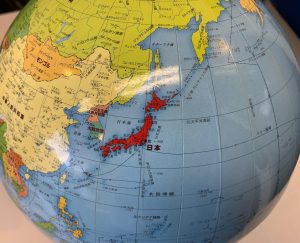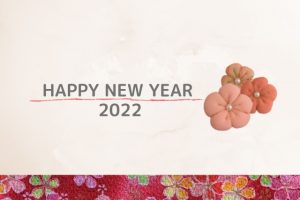Re: A news item and subject which I just want to check out (134) April 26, 2024
Spring garden party hosted by the Emperor and Empress of Japan was held at Akasaka Gyoen, Motoakasaka, Tokyo from 2:00 p.m. on Tuesday April 23 this week and about 1,400 people were invited from various fields. I also attended as an invited guest from trucking industry, namely, the Japan Trucking Association. The weather has been unseasonable across the country this week, and I was worried about the rain till the morning of the day of the event in Tokyo, but fortunately, during the party, the rain stopped suddenly. Members of the imperial family led the way by the Emperor and Empress of Japan walked slowly right in front of me along the garden paths surrounded by deep greenery where it does not feel like the center of a big city, and talked with attendants here and there. There is a rule “unless His or Her Royal Highness calls out to me, I should not speak to him or her”, but I was honored that Princess Aiko who attended the party for the first time talked to me and we exchanged a few words. It left a strong impression on me that she has a very lovely and wonderful personality.
■■What I have recently thought and focused on:
■In order to make good use of “internal reporting system”, it is necessary for top management to raise awareness:
This system, in response to corporate fraud such as food mislabeling, concealment of vehicle recalls and so on happened one after another, in order to create an environment that employees make it easy to report whistleblowing, is mandatory for businesses of a certain size or larger, by “the Whistleblower Protection Act” implemented in 2006. Discrimination such as dismissal, demotion and pay cut due to reporting is prohibited. A revision bill implemented in June 2022 obligated ①establishment of contact point for whistleblowing ②drawing up of internal rules to a company with more than 301 employees. Recent famous fraud in large corporations was revealed because the report from internal to external organizations or whistleblowing triggered the revelation of the scandal. About 90 % of companies with more than 300 employees introduce this system. But the reality not being used effectively has also become clear, because there is deep-rooted distrust “even if you are whistleblowing, it is just the beginning of a cover-up or a search for the culprit”. A survey points out that there is lack of awareness of management, and it seems that it is not beyond the realm of a sense of “being forced to do it”.
In my previous job, I adopted this system named “help line” in 2007 right after the implementation of this system. The contact point was a law office, because if I placed it in an internal organization, the negative aspects of the system arose. A purpose of this system is to detect and correct fraud, but originally, to prevent fraud or scandal before it happens as “the undrawn trump card”. If the self-cleaning function within the organization does not work and it leaks to the outside, it will spread in the blink of an eye in the recent internet age, and there will be a case being forced into a situation that even the existence of the organization is in danger.
Generally speaking, it has been said that in Japan the punishment is too light for the economic crime compared to the United States. However, even in Japan, to encourage an accusation of “bid rigging” within the industry, following the Corporate Crime Prevention Act in the United States, “leniency policy that is surcharge reduction and exemption system” under the Antitrust Act was enacted 18 years ago. It seemed that it did not fit in with the climate of Japan, but examples have been increasing and effective. And even in criminal proceedings, to facilitate investigative or trial procedures, “plea bargaining” like an encouragement of confession was introduced 5 years ago.
■Frequent earthquakes and “Nankai Trough Earthquake Extra Information”:
Earthquakes have frequently occurred at home and abroad including Taiwan, Okinawa and Shikoku region. Among them, Nankai Trough Earthquake is necessary to be vigilant. If it occurs, 320,000 deaths are expected. Therefore, if an earthquake of a certain magnitude, more than magnitude 6.8, is observed in the epicenter area, conveying information to urge vigilance for larger earthquakes is “Nankai Trough Earthquake Extra Information”. After extra information, study group composed of experts judge the possibility of big earthquake and if they determine that danger is imminent, they issue “caution for big earthquake” or “attention for big earthquake” depending on its degree. And in accordance with its risk, government and local authority are supposed to call for evacuation and disaster prevention response. But according to a survey by the Cabinet Office, awareness for this information dispatch is still 30 % and not established.
After the Great East Japan Earthquake, I visited Rikuzentakata and Kesennuma devastated by the tsunami and Okawa Elementary School in Ishinomaki City where a lot of students and teachers lost their lives, as vice-chairman of reconstruction assistance committee in Kansai Economic Federation. And what I learned there was a slogan or motto called “every man for himself”. This is a meaning in Sanriku region where there is a lot of tsunami damage that “once the tsunami comes, even if your family is not together, you should flee to heights not worrying about it and as you like and first of all, protect yourself”. By this thorough preparation for disaster, Kamaishi City was praised as “a miracle in Kamaishi” because about 3,000 children and students were able to escape from the tsunami. After all, the important thing is that each and every one of our citizens throws away “optimism without ground” such as “relying on the government” and “things will work out”, and has an awareness of disaster prevention called “protecting your own life”.
■Learning Japanese and difficulty of special idioms:
Japanese sentences mix with Chinese character, Hiragana, Katakana and numbers, and alphabetic characters have been also added recently. On top of that, Chinese characters are ideograms and there are many kinds of reading depending on the character. To learn Japanese is also difficult for Japanese people. Not to mention for Western people who have only 26 Alphabetic characters and numbers, Japanese is a very difficult language. For instance, Chinese character “分” means “divide”, “understand”, “one minute and two minutes”, “the honor of a samurai”, “judgement that means common sense judgement”, “separate” or “Oita” and so on. On top of that, there are special idioms or wording in Japan. 10 in descending order of accuracy rate among origin of idioms that we use unintentionally everyday were published in the Asahi Shinbun on April 20. According to it, ①what is an organ not included in “internal organs”? The correct answer is pancreas. ②what did you splash if you say “issuing a manifesto”? The correct answer is documents that you appeal for your thoughts. ③what is donburi of “sloppy calculations? The correct answer is container. ④what do you drop if you say “opening of a new theater? The correct answer is wood chips. ⑤what does it mean roku of “good-for-nothing? The correct answer is flat appearance.
And furthermore, there are proverbs. For instance, “third time is the charm”, “necessity has no law”, “everybody makes mistakes”, “I felt like the scales fell from my eyes”, and so on. Such expression is quite effective if it is cited in proper situation among Japanese and that “makes sense”. But if it is cited for Western people and it comes to “translate it into English”, it is not easy. Of course, if translating literally, it does not make sense, and it makes the interpreter cry. As my real experience, during my stay in the United States, a politician made a speech “both Japan and the United States are (※) rice countries” and I was in trouble how I translated it into English.
(※) The United States is written as “rice country” in Japanese.


